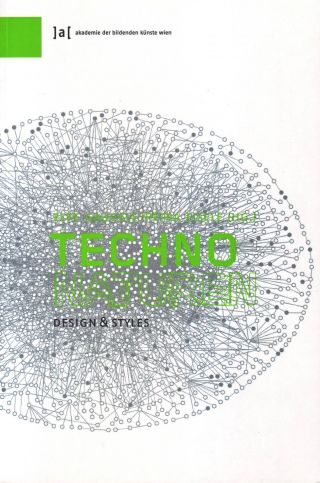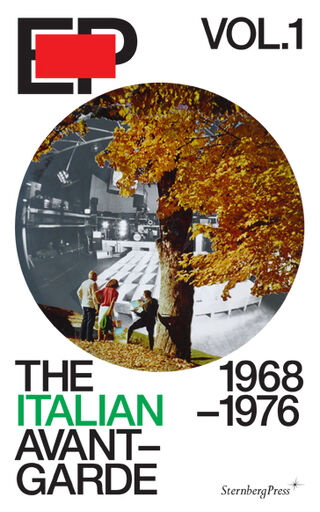
Fashion and Postcolonial Critique
Fashion and Postcolonial Critique outlines a critical global fashion theory from a postcolonial perspective.
It investigates contemporary articulations of postcolonial fashion critique, and analyzes fashion as a cultural, historical, social, and political phenomenon involved in and affected by histories of colonial domination, anti-colonial resistance, and processes of decolonization and globalization. Stemming from a range of different disciplines, such as art history, textile studies, anthropology, history, literary studies, cultural studies, sociology, fashion media, and fashion theory, the contributions in this book reflect the multidisciplinary and diverse nature of postcolonial fashion research today.
Where notions of tradition and of the primitive have remained embedded in so many fashion industry imaginations, this postcolonial fashion critique provides a much-needed perspective. Each of the contributions develops and expands the work of key thinkers from W. E. B. Du Bois’s visual sociology to Paul Gilroy’s Black Atlantic: Fashion and Postcolonial Critique will prove seminal for scholars in textile and design history, in fashion communications, and also in cultural studies and sociology.
—Angela McRobbie, professor at Goldsmiths, University of London
The breadth of themes and approaches in this timely publication reflects the diversity of lives, cultures, practices, and geographies that characterize the concern of fashion and the postcolonial. It represents current international debates on fashion, style, textiles, consumption, production, and making in countries across the world. The editors have done sterling work in bringing such a rich range of contributors together that encourages new and established researchers to maintain sustained thinking on this subject. Fashion and Postcolonial Critique is an exemplary reminder that difference is indeed powerful.
—Carol Tulloch, professor at University of the Arts London
Language: English







